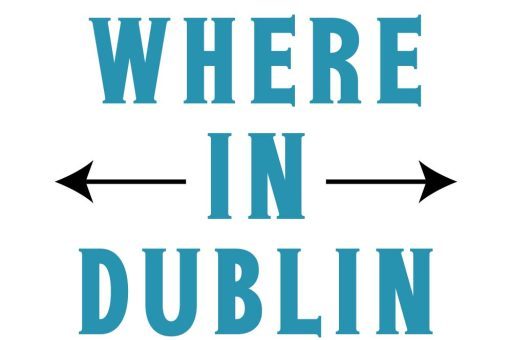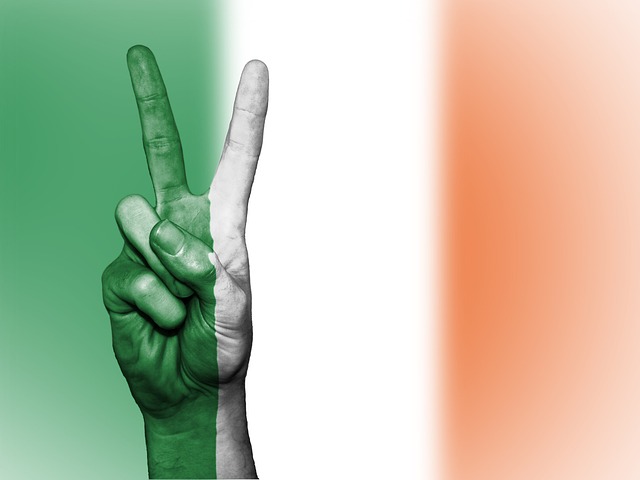Europe is full of countries that offer incredible experiences, but when it comes to choosing between Portugal and Ireland, it can be a tough decision. Both countries have rich histories, stunning landscapes, and vibrant cultures. From my own personal experience, each country brings something unique to the table, and understanding the differences can help make the trip unforgettable.
In this post, we’ll dig deep into what sets Portugal and Ireland apart, including travel experiences, food, culture, weather, and things to do. This guide will help anyone planning a visit or simply curious about these two incredible destinations.
Portugal: Warm, Sunny, and Vibrant
Portugal sits on the western edge of Europe, with a coastline stretching along the Atlantic Ocean. It’s known for its sunny weather, colorful cities, and rich history.
Climate and Weather
Portugal enjoys a Mediterranean climate, with long, hot summers and mild winters. If sunbathing or beach adventures are a priority, Portugal is hard to beat. The Algarve region, for instance, is famous for its stunning cliffs, golden beaches, and warm waters.
Rainfall is mainly limited to the winter months, and even then, it tends to be light. Cities like Lisbon and Porto offer plenty of sunshine most of the year, making it an ideal destination for travelers looking to escape colder climates.
Culture and Traditions
Portuguese culture is a mix of tradition and modernity. Fado music, a soulful style of singing often accompanied by guitar, is a cultural treasure. The architecture is also distinctive, with Manueline-style buildings, colorful tiles, and charming cobblestone streets.
From my own personal experience, visiting the small towns like Sintra or Óbidos gives a glimpse into Portugal’s rich past. The local festivals, such as the Festa de São João in Porto, provide an immersive cultural experience that’s hard to forget.
Food and Cuisine
Portugal is a food lover’s paradise. The country is famous for its seafood, with dishes like bacalhau (salted codfish) and grilled sardines. The pastries, particularly pastéis de nata, are world-renowned.
Wine lovers will appreciate the Douro Valley, home to some of the finest port wines in the world. Sampling local wine while overlooking the scenic vineyards is an experience that combines gastronomy with natural beauty.
Things to Do
Portugal offers a variety of activities for different types of travelers. Here are some highlights:
Explore Lisbon: Wander through Alfama, visit the Jerónimos Monastery, and enjoy the nightlife in Bairro Alto.
Visit Porto: Walk along the Ribeira, enjoy port wine tasting, and take a boat ride on the Douro River.
Beach Time in Algarve: Relax on Praia da Marinha or Ponta da Piedade.
Sintra and its Palaces: Explore the Pena Palace, Quinta da Regaleira, and surrounding gardens.
Surfing: Portugal’s coast is perfect for surfing, especially near Nazaré and Peniche.
Ireland: Green, Lush, and Mystical
Ireland, located northwest of continental Europe, offers a completely different experience. Known as the Emerald Isle, Ireland is famous for its lush landscapes, historic castles, and friendly locals.
Climate and Weather
Ireland has a temperate maritime climate, with mild temperatures year-round. Rain is common, so packing waterproof clothing is essential. Despite the rain, Ireland’s greenery is breathtaking and creates the iconic landscapes featured in films like The Quiet Man and Star Wars.
From my own personal experience, the rain doesn’t ruin the trip; it adds to the country’s mystical charm, especially in places like the Cliffs of Moher or the Ring of Kerry.
Culture and Traditions
Irish culture is deeply rooted in history, music, and folklore. Traditional Irish music is lively, often played in pubs with instruments like the fiddle, bodhrán, and tin whistle. Storytelling is also a key part of Irish heritage, with myths, legends, and tales about fairies, leprechauns, and ancient heroes.
Festivals like St. Patrick’s Day are celebrated with great enthusiasm, featuring parades, music, and communal gatherings. Irish hospitality is famous worldwide, and visitors often find the locals welcoming and friendly.
Food and Cuisine
Ireland’s cuisine focuses on hearty, comforting dishes. Think stews, potatoes, soda bread, and fresh seafood. Dublin is home to modern interpretations of traditional food, while rural areas offer classic Irish meals prepared with locally sourced ingredients.
Beer enthusiasts will enjoy the pubs, especially those serving Guinness, and whiskey fans can explore distilleries across the country. From my own personal experience, visiting a small-town pub in Galway or Killarney is one of the best ways to taste authentic Irish culture and cuisine.
Things to Do
Ireland’s attractions are diverse, from scenic landscapes to historic landmarks. Key highlights include:
Cliffs of Moher: Dramatic cliffs with breathtaking Atlantic views.
Dublin City: Explore Trinity College, Temple Bar, and the Guinness Storehouse.
Ring of Kerry: A scenic drive through mountains, lakes, and villages.
Galway: Enjoy live music, street performers, and local markets.
Castles and Monuments: From Blarney Castle to the Rock of Cashel, Ireland is full of history.
Portugal vs. Ireland: Key Differences
While both countries are rich in culture and beauty, they offer very different experiences. Here’s a closer comparison:
1. Weather
Portugal is generally sunny and warm, ideal for beach vacations. Ireland is cooler and wetter, perfect for those who enjoy lush landscapes and dramatic skies.
2. Landscapes
Portugal has golden beaches, cliffs, and vineyards. Ireland is green, hilly, and dotted with castles, lakes, and rivers.
3. Culture
Portugal combines Mediterranean charm with European history, while Ireland has Celtic roots, folklore, and a strong pub culture.
4. Cost of Travel
Portugal tends to be more affordable for food, accommodation, and activities, though it varies by region. Ireland, particularly Dublin, can be pricier, but smaller towns are budget-friendly.
5. Activities
Portugal is perfect for surfing, wine tasting, and sun-soaked sightseeing. Ireland is great for hiking, historical tours, and experiencing traditional music and storytelling.
Choosing Between Portugal and Ireland
Deciding between these two countries depends on what kind of trip is desired:
If the goal is sun, beaches, and warm weather: Portugal is the clear choice.
If the goal is green landscapes, castles, and folklore: Ireland is the better fit.
From my own personal experience, both countries leave lasting memories, and neither choice is wrong. Each offers unique experiences that appeal to different types of travelers.
Tips for Traveling
Pack Smart: Portugal needs light clothing and sunscreen, while Ireland needs layers and rain gear.
Plan Activities: Portugal is best explored outdoors, beaches, and historical towns. Ireland is ideal for road trips, hiking, and cultural experiences.
Local Cuisine: Don’t miss trying local specialties – in Portugal, seafood and pastries; in Ireland, stews, whiskey, and Guinness.
Transportation: Portugal has good trains and buses; Ireland is best explored with a rental car for scenic drives.
Cultural Etiquette: Respect local traditions, greet people politely, and embrace the local way of life.
Conclusion
Portugal and Ireland each offer unforgettable experiences, but in very different ways. Portugal brings sunshine, beaches, and vibrant culture, while Ireland offers greenery, history, and a mystical charm. From my own personal experience, visiting either country will leave a traveler inspired, relaxed, and craving more adventures.
Whether planning a trip or simply daydreaming, understanding these differences can help make the experience more enjoyable. At the end of the day, both Portugal and Ireland are about exploring, tasting, and soaking in moments that last a lifetime.


